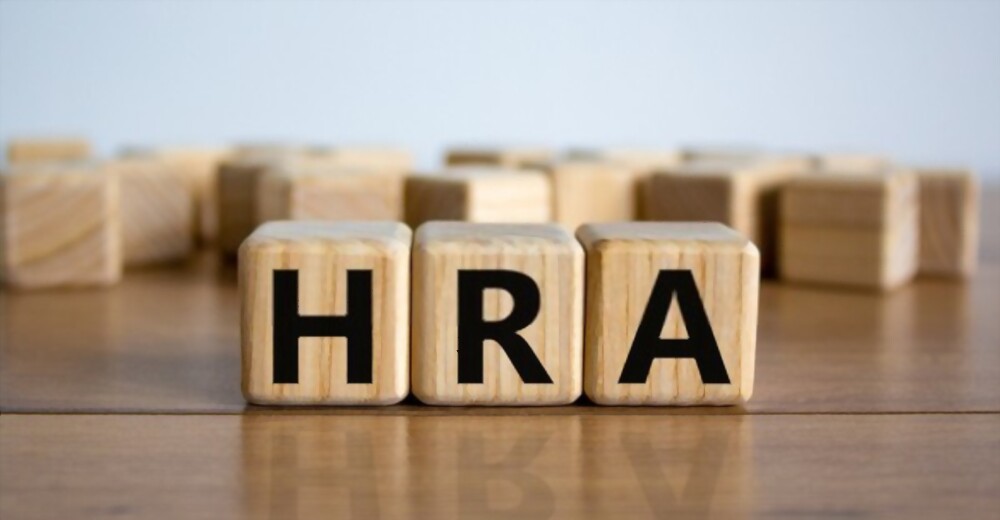The majority of paid workers in the organised sector receive a house rent allowance, which is equivalent to about 50% of their base pay. A person who rents a place to live may be able to get a refund of the rent they paid, but only under particular circumstances. The following three exemptions are, in order, lowest: 10% of the basic salary less the actual rent paid, the HRA received, or 50% of the basic pay. Despite the fact that the majority of individuals are aware of these regulations, many taxpayers are unaware of certain components of the HRA exemption. Here are six of these things that you need to remember.
1. Need for landlord’s PAN number
The taxpayer must provide the landlord’s PAN if the rent exceeds Rs. 1 lakh annually. The landlord must provide a declaration stating that he does not have a PAN. Some businesses even want a copy of the landlord’s PAN card for proof. Taxpayers must persuade the property owners to provide this information, although many landlords are not very cooperative in this regard. There is no point in trying to withhold the PAN information because they must be aware that the rental revenue will appear on their annual information statement filed with the tax department.
2. TDS is required if the landlord is an NRI or the rent exceeds Rs.
If the rent is Rs. 50,000 or more per month, a new rule now mandates that tenants subtract 10% TDS from the rent payment and deposit it with the government. The landlord’s name must be on the tax deposit. If the landlord is an NRI, TDS also applies. The renter is exclusively responsible for complying with the TDS requirement, and failure to do so may result in penalties, including 1% monthly interest. There is a late fine of Rs. 200 per day if TDS has been deducted but a TDS return has not been lodged. This need will be rather onerous for a lot of folks. Thankfully, TDS doesn’t have to be taken out and deposited each month. It is possible to do it once every fiscal year.
3. Request HRA exemption jointly or if residing in a shared residence
Even those who live in shared housing or as paying guests are eligible to claim the HRA exemption jointly with their spouses. However, this is only permissible if the lease specifically names the husband and wife as tenants of the joint property. It should be mentioned how each party will contribute to the rent. Similarly, if renting a space with other people, the rent agreement needs to list everyone’s names. If TDS is applicable, it must be subtracted from the rent payment before it may be given to the landlord. Make sure the rent receipt properly identifies the dwelling rent and meal expenses separately in a paying guest arrangement.
4. Use the HRA exemption and the mortgage advantage.
If a home is used for personal use or rented out, the interest on the mortgage can be deducted. But, in particular circumstances, one can deduct both the interest paid on a home loan and HRA. As an illustration, a person might have gotten a loan to buy a house in one area, but later moved to another city to live on rent. He is eligible for both the HRA exemption and the home loan benefit. Unless there is a valid justification, the tax department may refuse the HRA exemption if the house is in the same city. “Living on rent in the same city as a self-owned house due to a large family could be judged to be a real reason,” says Mihir Tanna of S.K. Patodia and Associates.
File Your Income Tax Return With ITRKendra
5. Rent is exempt even without HRA.
The wage structure of many small businesses is not very structured. Every month, they just pay their staff in one flat payment. Therefore, even if HRA is not included in the pay, Section 80GG allows for the claim of a rent exemption. However, of the three computations below, this exemption is the lowest: Rs. 5,000 per month (Rs. 60,000 per year), or 25% of the entire income, or real rent paid minus 10% of income. Also, the taxpayer will not be qualified to use this exemption if he owns a home in the same city.
6. Request an exemption if a deadline was missed.
In rare instances, it’s possible that the taxpayer was unable to submit his rent paperwork on time, in which case his employer withheld tax without taking the HRA exemption into account. These taxpayers are eligible to claim the HRA exemption when they file their tax return. The taxable element of the HRA should be recorded as part of salary in accordance with Section 17 while the exempt amount should be noted in the allowances under Section 10. (1).
Income Tax notice Solution in Dwarka

